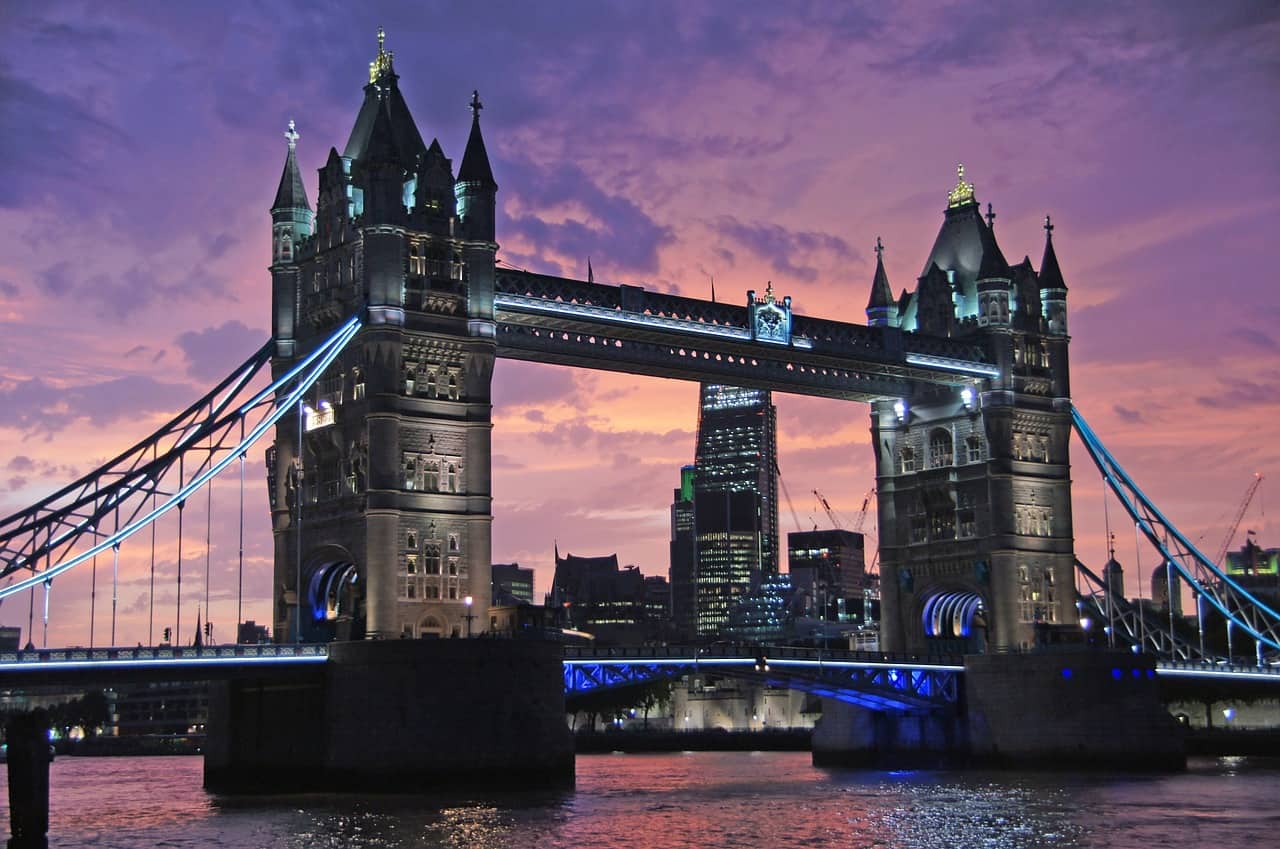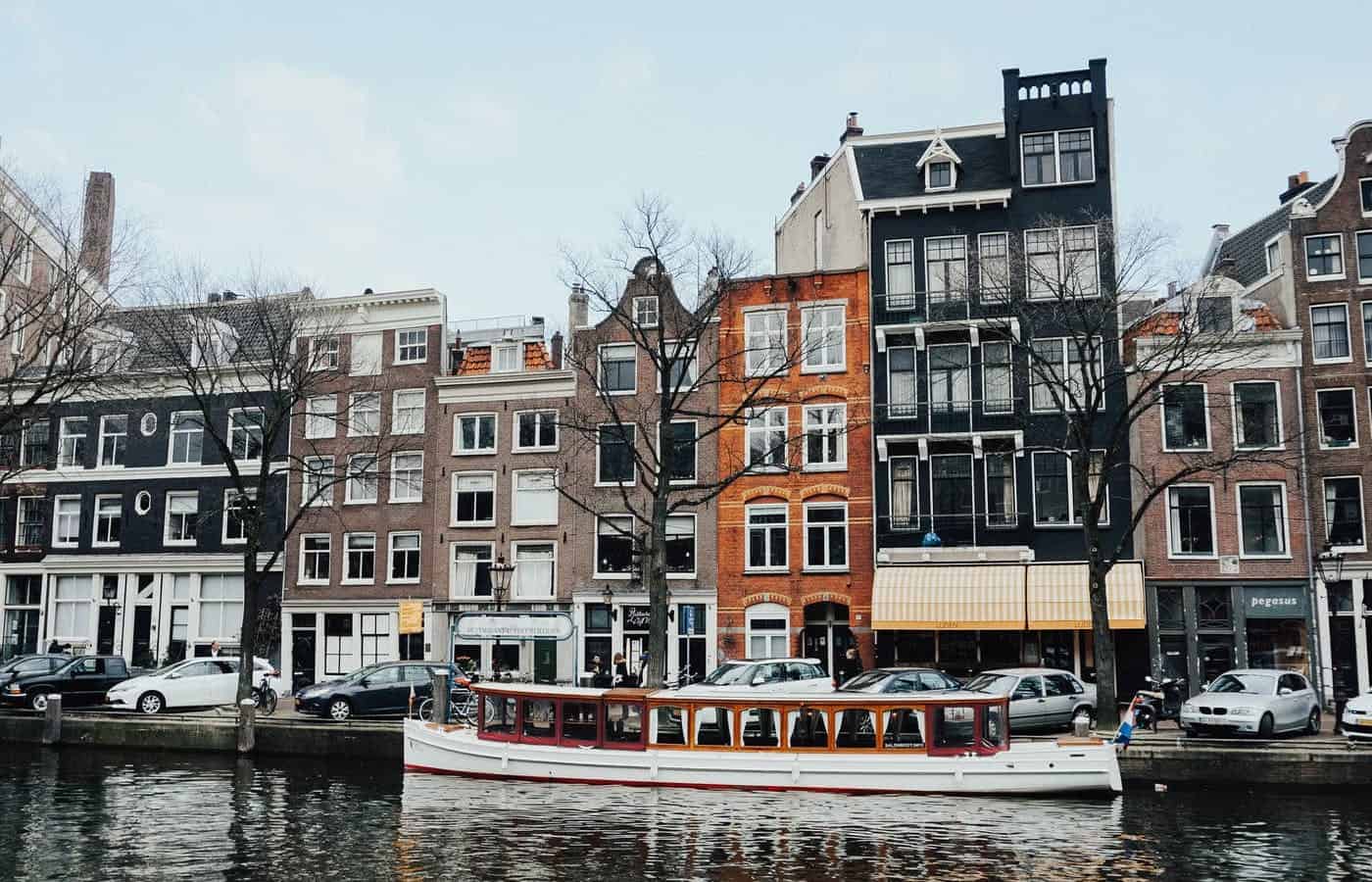There are so many great short-term vacation rental platforms to assist you in renting out your home or properties on a short-term basis. However, with the implementation of the Deregulation Act in the UK, it is essential to stay on top of the rules so you can make sure that you are fully compliant as a London host. Here is what you need to know about London Airbnb Rules.
Firstly, are short-term rentals still considered legal in London?
Short-term rentals in the Greater London Area are considered to be legal if you, as the host, abide by the planning regulations set by the UK government. All short-term rentals within the Greater London area are subject to planning regulations. This regulation is referred to as temporary sleeping accommodation.
Temporary sleeping accommodation is sleeping accommodation which is occupied by the same person for less than 90 consecutive nights and which is provided, (with or without services), for:
- Consideration arising either by way of trade for money or money’s worth
- By reason of the employment of the occupant, whether or not the relationship of landlord and tenant is thereby created.

Pexels© Image: London
What are the changes to the Deregulation Act?
In 2015, the government created an exception to the regulations imposed by the original Deregulation Act. The exception states that residential premises are allowed to use as temporary sleeping accommodation without the premises labelled as being a change of use.
What is the short-let vacation property 90-day limit?
This means that you can rent out your properties through short-let vacation rental platforms as long as your guest’s booking does not exceed the limit of 90 consecutive days per year. Lastly, it is crucial to note that the host providing the accommodation is held liable for paying local council tax. This exception may not apply to you as it pertains to specific residential areas so make sure to check if your position qualifies with your local authority. Any host that does not abide by the existing regulations and exceeds the 90-day cap without a permit may receive a hefty fine. Yikes!
Short-term let platforms such as Booking.com and Airbnb are all affected by the implementation of the 90-day limit on guest-booking durations. Airbnb specifically has provided an automatic system so that they comply with the new regulations. The vacation rental website has imposed a limit on its property listings so that you cannot have your property rented out for more than 90 days. The regulations however only apply to home listings within the Greater London area.
Airbnb has also created a counter feature to see the number of nights that your property listings to see the number of nights your listing is booked. You can find further information on the 90-day limit by referring to our post on the Airbnb regulations in Amsterdam.
What do I need to know, as a host, about Council Tax in London?
The 2015 Deregulation Act stipulates that all hosts of short-term vacation rental accommodation be under a legal obligation to pay Council Tax.
To qualify your property for said property tax, you have to obtain a gas safety security certificate as well as carrying out a fire assessment test on a yearly basis. This includes providing a carbon monoxide alarm and a smoke detector. For further information on the London Council Tax, the UK local government website is an informative resource in working out tax owed on your property listings.




